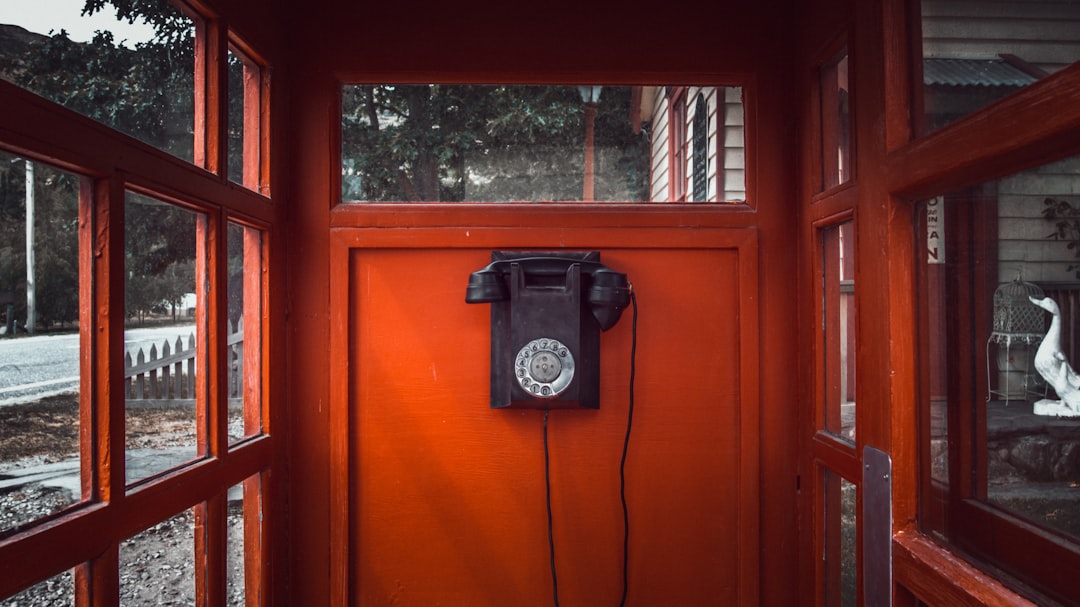Robocalls have reached epidemic levels in Little Rock, Arkansas, with locals deluged by unwanted promotions from law firms and attorneys. Despite national Do Not Call lists, these calls infringe on privacy, particularly targeting seniors with fraudulent offers and younger generations through digital channels. The surge highlights the need for stricter regulation and consumer education about unsolicited phone marketing. Little Rock residents are seeking protection from intrusive robocalls, especially regarding legal services. Older adults should exercise caution against deceptive practices, while working professionals and small business owners use apps and caller ID services to block these calls. Specialized legal counsel from Do Not Call lawyers in Arkansas offers both blocking and compliance solutions.
In today’s digital age, robocalls have become a ubiquitous part of daily life in Little Rock, Arkansas. This article delves into the unique ways these automated calls affect diverse demographics across the city. From younger generations disconnected from traditional law firms to older adults susceptible to legal scams, and working professionals navigating a flood of unsolicited calls, we explore the multifaceted impact of robocalls on the residents of Little Rock. Understanding these effects is crucial in combating the challenges posed by non-consensual phone marketing, specifically targeting the ‘Do Not Call’ laws in Arkansas, where both lawyers and clients have rights to protect their communication.
Understanding Robocalls and Their Prevalence in Little Rock, Arkansas

Robocalls have become an increasingly common nuisance across the country, and Little Rock, Arkansas is no exception. These automated phone calls, often promoting products or services, can be particularly intrusive for residents, especially when they are unwanted and frequent. In today’s digital age, consumers in Little Rock are facing a surge in marketing robocalls, raising concerns about privacy and consumer protection.
The prevalence of robocalls in the city has sparked interest in understanding their impact on different demographics. Many residents find themselves on Do Not Call lists, yet they still receive countless automated calls from law firms, attorneys, and legal services promoting their ‘free’ consultations or warning about potential legal issues. This phenomenon highlights the need for better regulation and consumer education regarding these unsolicited calls, especially with the easy access to personal information in the digital landscape.
Impact on Younger Demographics: A Generation Disconnected from Traditional Law Firms

In Little Rock, Arkansas, the rise of robocalls targeting various demographics has significantly impacted communication strategies, especially among younger generations who are disconnected from traditional law firm marketing methods. With the widespread adoption of smartphones and a constant influx of automated calls, this demographic is more attuned to digital communication channels. Thus, when it comes to legal services, they prefer efficient, personalized, and tech-driven approaches. The “Do not call” lists for lawyers, attorneys, and law firms in Arkansas have become increasingly relevant as young adults seek alternative means to connect with legal professionals.
Many younger residents of Little Rock are turning to online platforms, social media, and targeted digital advertising to find legal aid, often bypassing traditional phone calls or physical visits. This shift presents a unique challenge for law firms that have relied on cold calling and referrals from older generations. Adapting to these changes is crucial as law practices compete for clients within this demographic, who are now more selective and conscious of their privacy in the digital age.
Older Adults and Robocalls: Navigating Legal Scams and Misinformation

In Little Rock, Arkansas, as in many parts of the country, older adults are particularly vulnerable to robocalls, which often carry illegal or misleading messages. These automated calls can be a nuisance, but they pose a significant risk when they attempt to scam individuals out of their hard-earned money. Many robocalls claim to be from legal firms or government agencies, urging recipients to call back immediately to avoid legal consequences or win a prize. However, these are often scams designed to intimidate and manipulate the elderly into providing personal information or paying fees upfront.
Given that older adults may not always be aware of the latest scamming tactics, it’s crucial for them to exercise caution when receiving unsolicited calls. They should never provide sensitive data over the phone unless they initiated the call and positively identified the caller as a legitimate organization. If an older adult receives a robocall claiming to be from a “do not call lawyer” or “do not call attorney” in Arkansas, it’s essential to report it to local authorities and seek advice from a trusted legal professional. A qualified lawyer or law firm will never initiate such calls, and they can help navigate any potential legal issues, ensuring that older adults across Little Rock are protected from these deceptive practices.
Exploring the Effect on Working Professionals and Small Business Owners in AR

In Little Rock, Arkansas, the impact of robocalls on working professionals and small business owners is a significant concern. With an increasing number of unwanted calls from law firms and attorneys promoting “Do not call” services, these demographics face challenges in maintaining productivity and focus. Many recipients report feeling disturbed by these automated messages, which often promote legal services or demand immediate action. This disruption can hinder the efficiency of work environments, especially in small businesses where every resource is crucial for daily operations.
The effect on local business owners is twofold; they must navigate a flood of robocalls while also considering their own marketing strategies to avoid inadvertently using similar intrusive methods. As a result, many professionals are turning to various means to block or identify these calls, including specialized apps and caller ID services. Additionally, there’s a growing interest in understanding the legal protections offered by initiatives like “Do not call” lists in Arkansas, with some seeking legal counsel from local lawyers who specialize in this domain to ensure compliance and protect their businesses.






